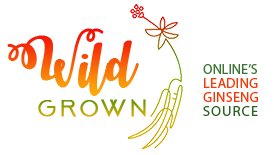The use of ginseng in cultural and traditional settings may differ from concepts accepted by current Western medicine. When considering the use of herbal supplements, consultation with a primary health care professional is advisable. Additionally, consultation with a practitioner trained in the uses of herbal/health supplements may be beneficial, and coordination of treatment among all health care providers involved may be advantageous.
A number of ginseng species used in herbal products grow around the world. Some of these plants include American ginseng, Korean ginseng, Sanchi ginseng, Chikusetsu ginseng, Himalayan ginseng, zhuzishen, and dwarf ginseng. Ginseng is also known as Siberian ginseng, devil's shrub, eleuthero, touch-me-not, and wild pepper.
Ginseng has been used to improve the body's resistance to stress and to increase vitality.
Ginseng has not been evaluated by the FDA for safety, effectiveness, or purity. All potential risks and/or advantages of ginseng wort may not be known. Additionally, there are no regulated manufacturing standards in place for these compounds. There have been instances where herbal/health supplements have been sold which were contaminated with toxic metals or other drugs. Herbal/health supplements should be purchased from a reliable source to minimize the risk of contamination.
Ginseng may also have uses other than those listed in the product guide.

